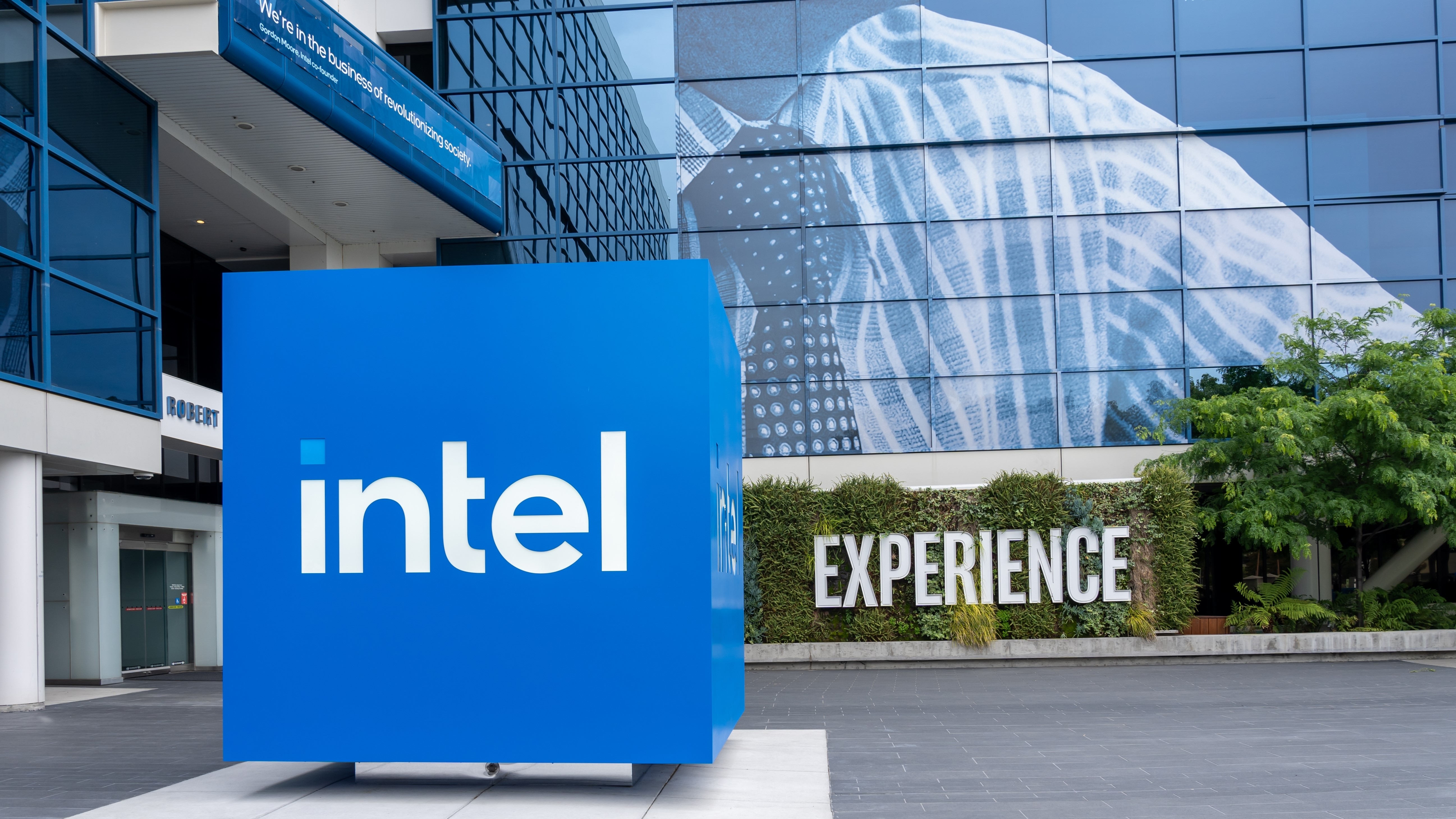Intel is reportedly facing a delay in the release ofCHIPS Act fundsthat the White House promised to deliver back in March of 2024.Bloombergreports that the American chipmaker must meet the expectations it agreed upon during the initial negotiations before the federal government will open its purse drawstrings. Furthermore, it must pass stringent due diligence checks to ensure that billions of taxpayer dollars won’t go to waste.
Intel is one of the biggest recipients of Biden’s push to recharge the American semiconductor industry, with $8.5 billion earmarked for Team Blue, plus another $11 billion in low-interest loans. It also received a 25% tax credit for up to $100 billion. This massive amount doesn’t come without strings attached, though — and Intel’s recent turmoil has put the government on notice.

Intel’s data center CPU and foundry businessesaren’t performing as expected: the company posted a staggering $1.6 billion loss in 2Q24. This was followed up by the news that Intel willlay off 15% of its workforce—an unsettling development, especially asthe CHIPS Actwas designed to hire more American workers into the chip industry.
Intel’s problems were compounded when some of itsshareholderssued it as its share price tanked, losing its investors over $32 billion in value practically overnight and potentiallylosing its placein the Dow Jones Industrial Average. The complaint said that the company hid its problems from the public, artificially causing its stock prices to inflate from January 25 to August 1.

The company is actively fighting for its survival at the moment, with its board considering cutting non-performing assets like the suspension or cancelation of its Magdeburg, Germany chip fab and selling off its stake in Altera. Massive cash inflation from any source would likely give Intel much-needed breathing room to save its core business, but it’s unlikely it will come from the promised CHIPS Act funds.
The government will only release the earmarked investments once the winner has proven it can deliver. Other winners, such as TSMC and Samsung, have already shown promising progress in their investments. For example, the former’s Arizona fab has already achieved yields similar to those of its factories in Taiwan, while the latter is considering upgrading its Texas fab to the 2nm process.
While Intel told Bloomberg that it’s still making progress in its American projects and that it’s looking forward to finalizing its agreement with the federal government, there are reports that the company wants the CHIPS Acts released as soon as possible and that it feels that Washington is drawing out the process. On the other hand, the Biden administration might be a bit wary of the adverse developments brought to light by Intel’s August 1 announcement. And given this election year, the Democrat White House would probably be more careful, as it doesn’t want to provide its political opponents ammunition to use against Harris.
Get Tom’s Hardware’s best news and in-depth reviews, straight to your inbox.
The U.S. must invest in the semiconductor industry to help keep it in the lead. However, with Intel, one of its star players in the global chip race, running into trouble, it might need to reconsider its strategy and spread its investments across more companies. That way, the U.S. is not banking on Intel’s success to stay ahead of the game.
Jowi Morales is a tech enthusiast with years of experience working in the industry. He’s been writing with several tech publications since 2021, where he’s been interested in tech hardware and consumer electronics.